Is This The Digital Future You Want?
SAY ‘NO' TO DIGITAL IDs >>
Digital IDs: A Backdoor to Mass Surveillance?
Marketed as a ‘safety measure’ to protect kids online, the government’s new Social Media Age-Restricted Users Bill paves the way for invasive digital control.
Learn More

What Exactly IS A Digital ID?
A digital ID is touted as an easy and secure way to prove who you are online — similar to showing your driver's license, but on your phone.
The Government says it will help you log in to websites faster, access healthcare, or open bank accounts without passwords. It's presented as a tool for convenience, security, and inclusion.
In reality, Digital ID is the gateway to a complete tracking and control system, and global examples show where it leads.
In country after country, digital-ID systems have expanded from simple verification into a requirement for banking, healthcare, communications and travel.
Once everything runs through a single ID, every interaction you make, logging in, buying something, accessing services, or travelling, can be linked back to you, creating a detailed record of your behaviour that becomes very difficult to undo.
What You’ll Get When You Sign the Petition

By signing the petition, you’re not just saying NO to Digital IDs — you’re joining a growing movement committed to protecting privacy and freedom in New Zealand.
You’ll receive important updates on the Social Media Ban Bill and other digital surveillance proposals. You’ll also receive early access to resources designed to help you raise awareness in your community, including shareable memes and social media graphics, printable flyers for events and letterbox drops, and more.
Know The Facts
Digital ID’s are touted as a beacon of modern convenience and our saviour against online fraud. But is that reality? Or are they perhaps a platform for something else entirely? Time to look behind the marketing speak and decide for yourself.
Who is pushing for Digital IDs & who will be providing technology?
Action Tracker: Digital IDs
This Digital ID awareness campaign is an ‘Action Tracker' project by RCR. Action Tracker is a new initiative with the objective of keeping the government accountable to the things they say and do.

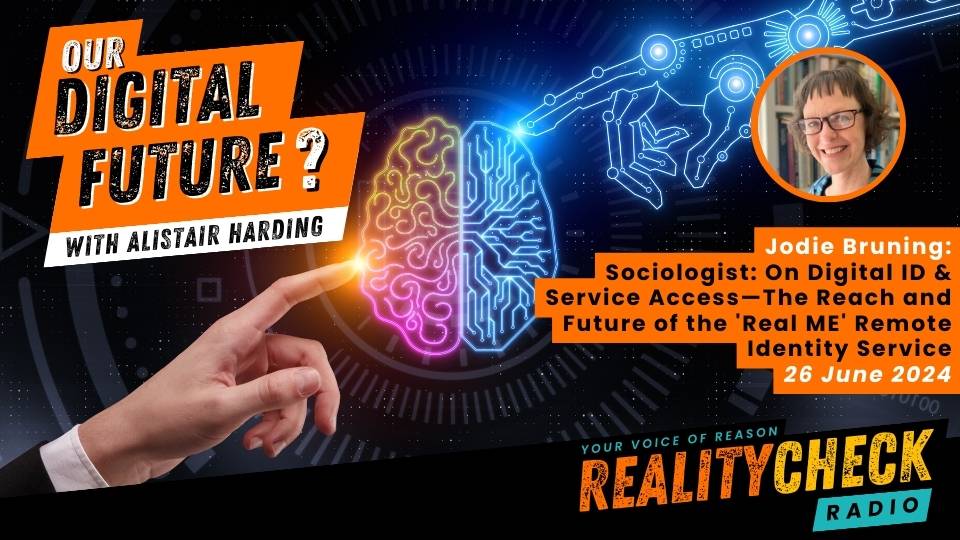

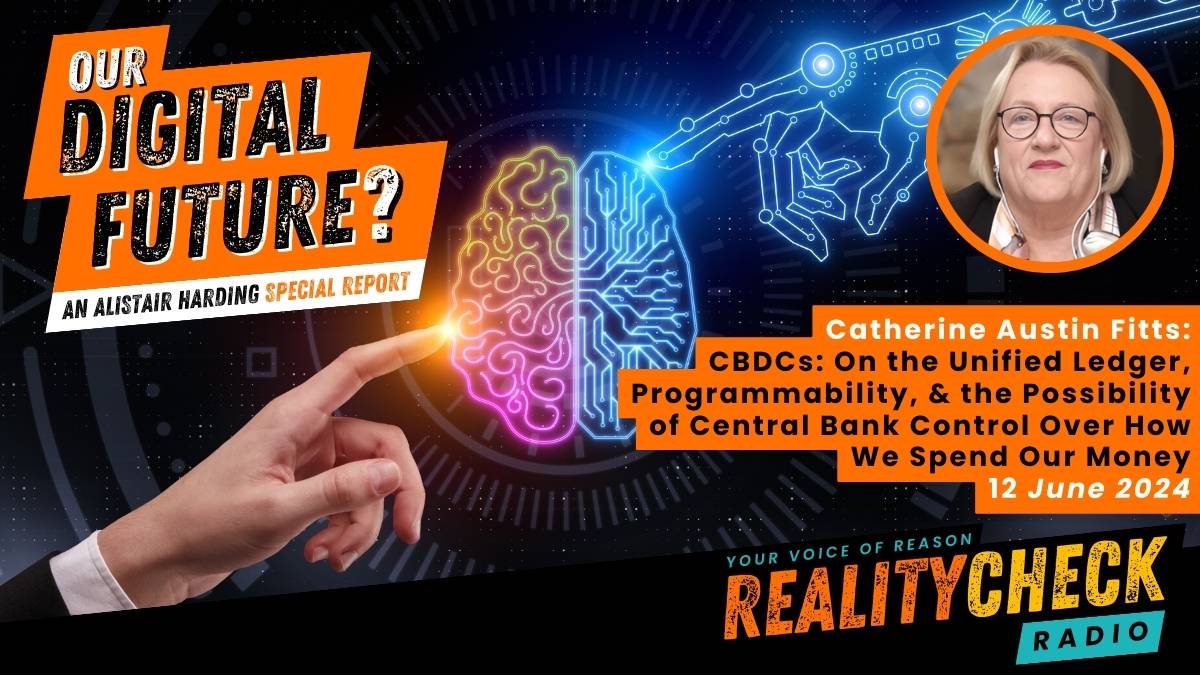
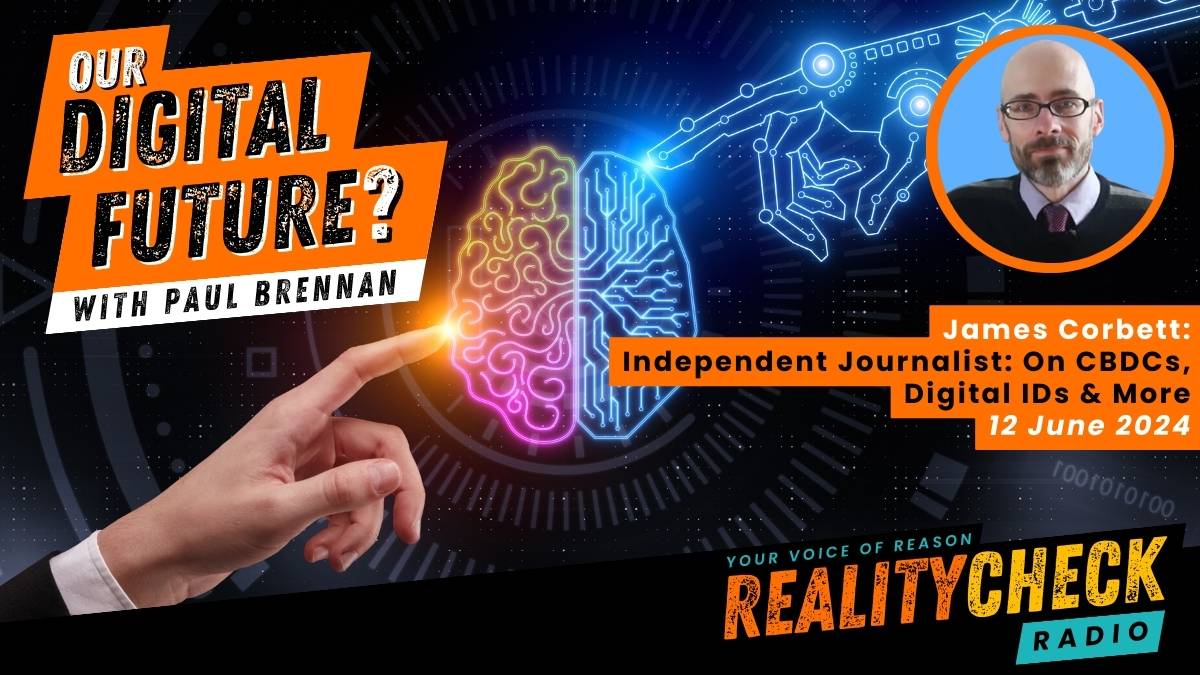
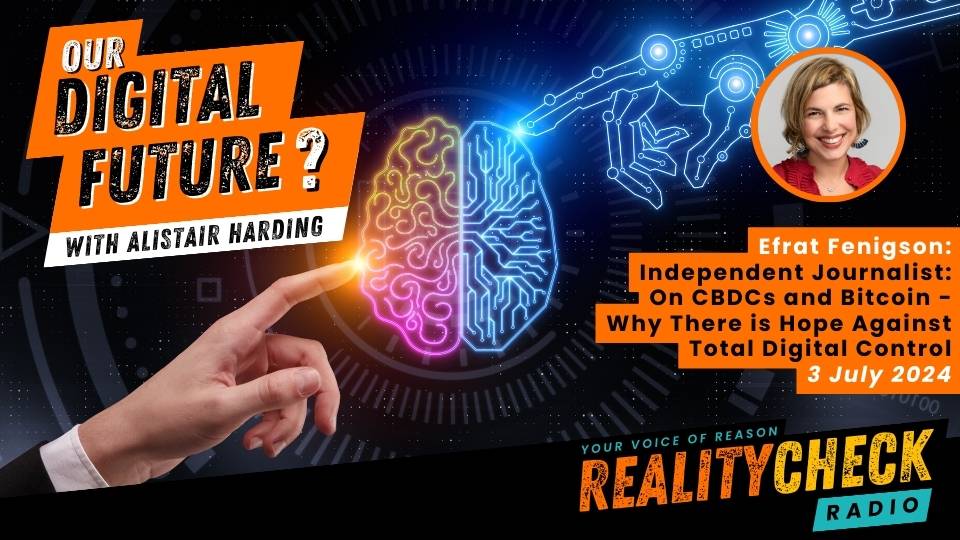
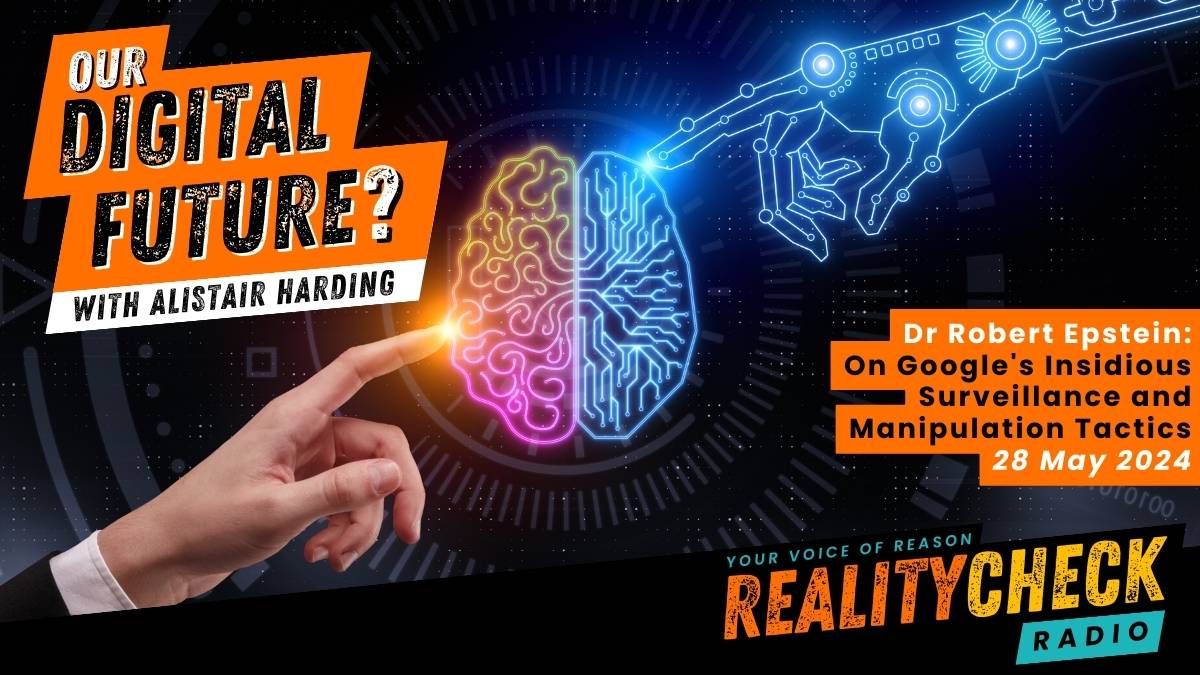
What is the ‘Social Media Age-Restricted Users Bill’?